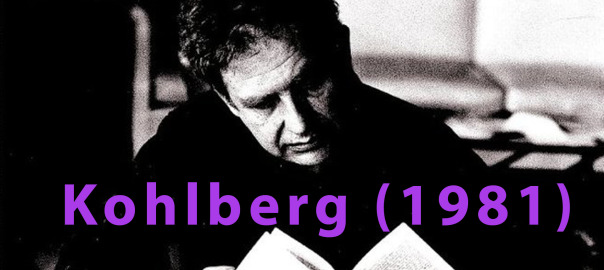Guðjónsson and Bownes, (2002) – ‘The attribution of blame and type of crime committed: data for Northern Ireland‘
Background
This study in the OCR A2 specification and Forensic Psychology Unit is categorised in ‘Turning to Crime,‘ ‘Cognition,‘ and then ‘Attribution of Blame and Social Cognition.‘
Social Cognition is ‘the study of how people process social information, especially its encoding, storage, retrieval, and application to social application.’
There are two background theories for this study:
- Rotter (1975) – Locus of Control
- Heider (1958) – Attribution Theory
Continue reading Guðjónsson and Bownes (2002): The Attribution of Blame and Type of Crime Committed
